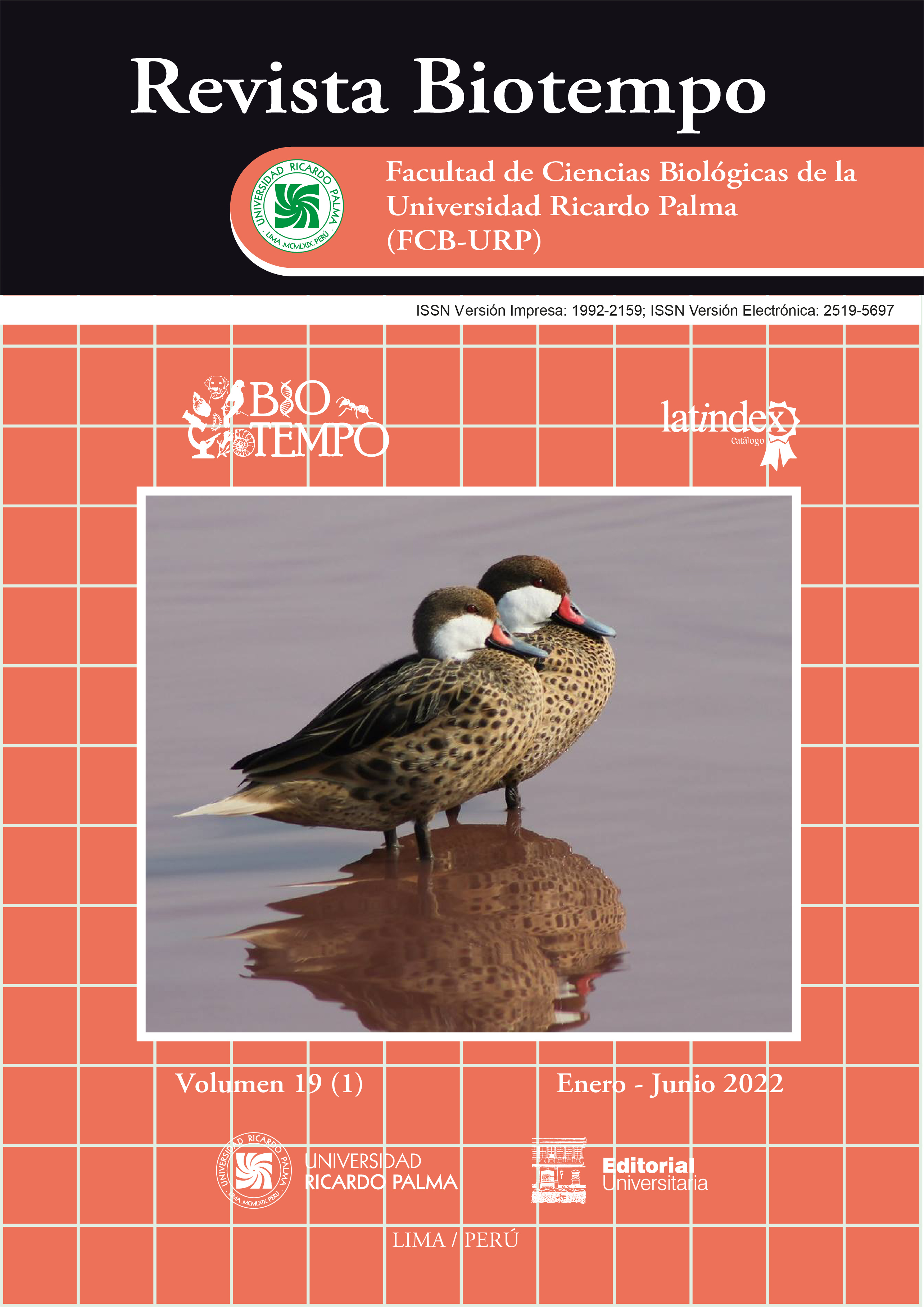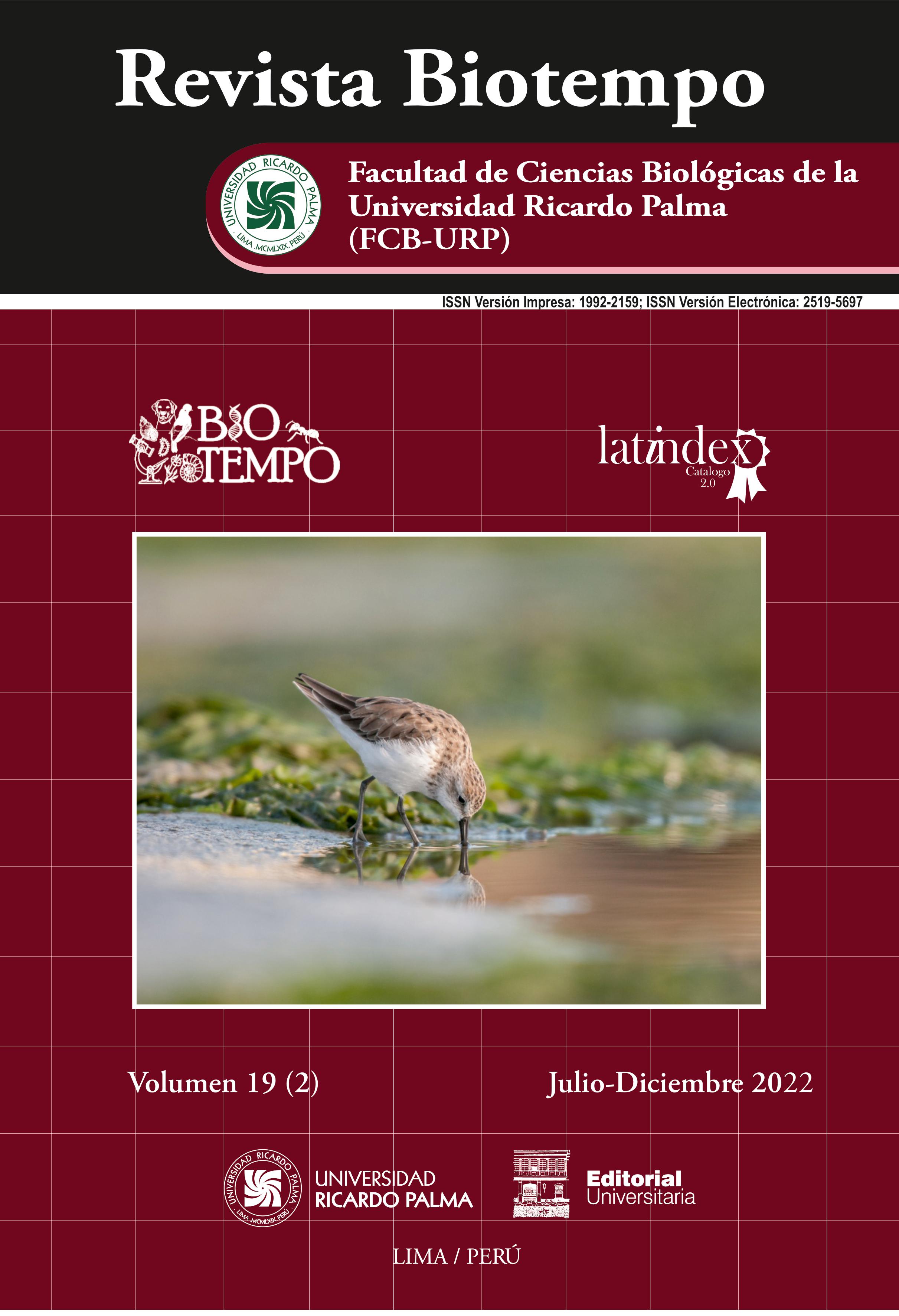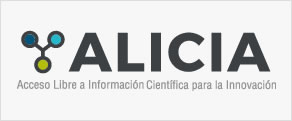TRUTH AND VALIDITY OF KNOWLEDGE FROM THE DECOY THEORY DUE TO ALLEGED FALSE PREMISES
DOI:
https://doi.org/10.31381/biotempo.v19i1.4811Keywords:
knowledge, scientific theory, truth, validityAbstract
The aim of the study was to describe the truth and validity of knowledge from the theory of decoys by supposed false premises. Th e study was carried out between January and February 2022 where the following was considered, from the ScScienceatabase (Editorial Elsevier) and through the search equation and without fi lters: the truth of knowledge. The corresponding articles were selected through a non-probabilistic sampling for convenience: 1st) period of 2019 - 2021, and 2nd) review. Then, a systematic random probabilistic sampling with a rank of 5 in the arithmetic progression was carried out where 35 articles (10% / total) were selected for the conceptual analysis of truth and validity. It was considered, the recognition of the contrast of hypotheses from an almost maximum probability (0.01) and valued in the process of searching for the truth and the existence of validity, the test on two lures of false premises (P1*, P2* and P1**, P2**), since their analysis of logical reasoning determines that they are true. It is concluded that the truth and validity of knowledge can be, from accepting or rejecting the premises, but a criterion of judgment for the decision to contrast is to indicate any determination where the rejection is considered from the interpretive logic itself among what is selected. to prove, and the premises that are thought to be “allegedly false.”










